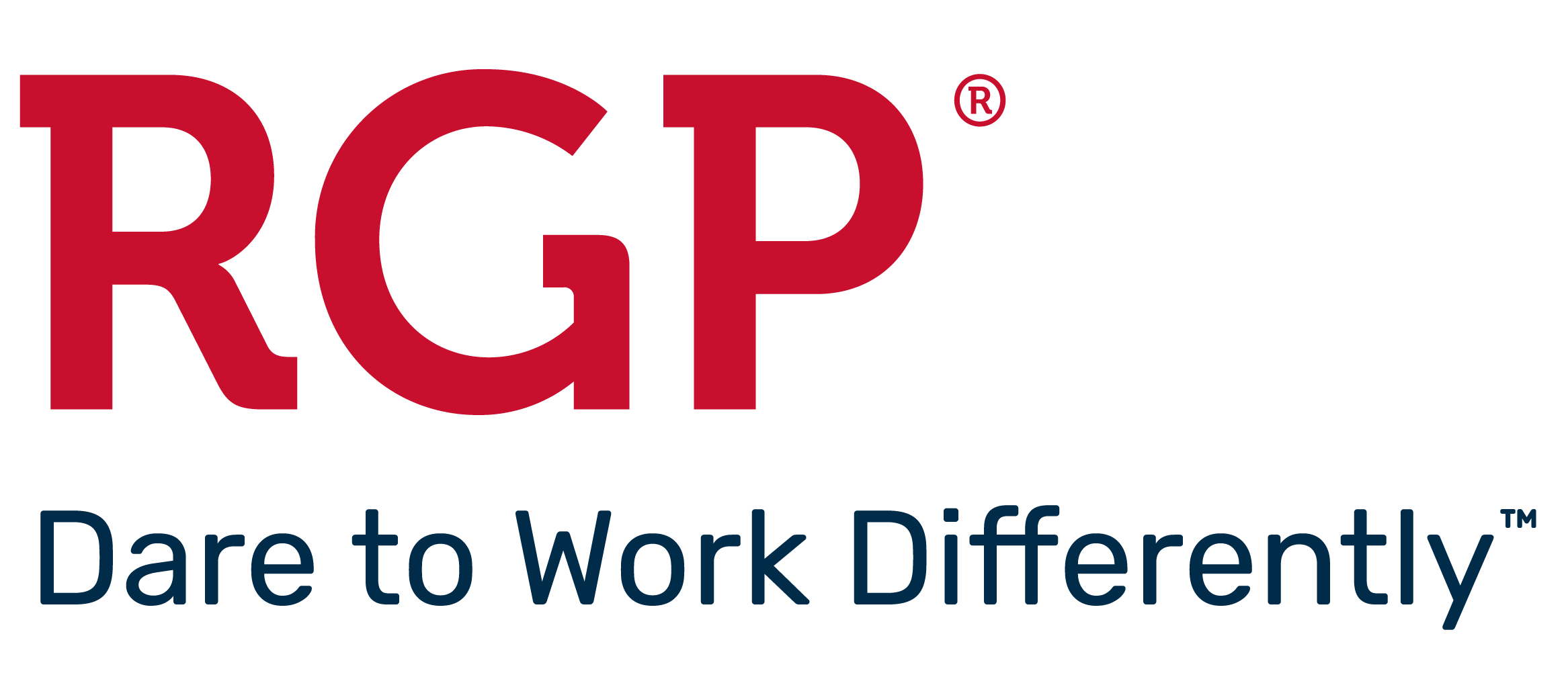The COVID-19 pandemic has taken a toll on the healthcare ecosystem – from supply chain disruptions and burgeoning staff caseloads, to declining reimbursements and revenue cycle challenges. But the biggest impact being felt from the pandemic is acute staffing shortages that have left a significant number of healthcare service providers failing to complete their mission-critical projects.
The healthcare industry was already experiencing staffing shortages before COVID-19 hit in 2020. The pandemic exacerbated these acute staffing conditions, resulting in the temporary or permanent halting of hospital and healthcare services, challenges in delivering quality care, increased healthcare costs, disruptions to the revenue cycle and burnout.
These clinical shortages have made it even more difficult for healthcare providers to execute major initiatives that are critical to modernizing their operations, such as robotic process automation, data and analytics, value-based care, population health and revenue cycle transformation. To better understand these challenges, global consulting firm RGP surveyed 404 large companies with $1 billion or more in revenue, including 101 healthcare executives throughout North America, Europe and Asia-Pacific. The findings illustrate the impact of growing clinical staffing shortages on all areas of the healthcare ecosystem and the biggest barriers organizations face in executing mission-critical projects.
Staffing Shortages Have Made Projects More Challenging to Execute
Healthcare organizations have deployed mission-critical projects that would allow them to operate with smaller staffs amid ongoing global disruptions and a rapid pace of change. These transformation and modernization initiatives are vital to providing the best patient experience, generating cost savings and maintaining constant revenue cashflow, but the ability of providers to find the right talent and execute these projects on-time and on-budget seems to be diminishing.
Thirty percent of healthcare service providers said that their projects have become more challenging since the onset of the pandemic, and 25% of healthcare providers said that less than half of these projects met key goals. The top factors cited as having made critical projects difficult to implement include coordinating people working at home and from offices, coordinating people from multiple companies, and a lack of capable talent in key project roles other than the project leader.
These growing challenges place added pressure on existing staff, many of whom lack the right skill set to successfully complete these critical projects.
A Greater Reliance on Outside Talent
Acute staffing shortages are leading many organizations to use more consulting and agile professionals to fill necessary skills gaps and execute projects. Bringing in outside talent also allows organizations to manage the pace of change by pivoting quickly without sacrificing project vision, mission and strategy. Additionally, these flexible staffing models (sometimes also referred to as ‘fusion teams’) allow healthcare organizations to scale their workforce up or down as needed and stay within their budget as part of their broader cost optimization efforts.
The percentage of outside talent making up critical project teams reached 42% in 2023 and is expected to increase to 48% by 2024. Healthcare providers are relying more on talent from staffing and consulting firms specifically. These sectors account for 24% of critical project teams today, with healthcare executives expecting that proportion to increase to 29% by 2024.
While 99% of North American healthcare executives said it is important to bring strong talent from outside the organization into key project roles, this hybrid model of managing organizationally diverse internal teams comes with its own set of obstacles. Forty-five percent of respondents agreed that coordinating people working remotely and from offices made it challenging to successfully execute projects to a large degree, and 37% said coordinating people from multiple firms on one project team made project execution more difficult to a large degree.
Organizations Lacking Effective Project Leadership Skills
Strong project leadership and management support are key to completing mission-critical projects, especially for organizations working with a greater mix of talent. Nearly 90% of respondents said that effective project leaders, regardless of whether they are employees or outsiders, were extremely or very important to project success. Yet, 64% said that a lack of strong project leaders has made critical projects more difficult to implement.
The majority of respondents (95%) also agree that highly effective project leaders are crucial to delivering a very strong, strong or moderate competitive advantage to their organization. The skill areas where organizations said they plan to make the greatest improvements when it comes to project leadership include change management, project assessment and planning, and adoption of 'agile’ project methods (instead of traditional ‘waterfall’ project methods).
Finding the Right Mix of Talent and Priorities
It’s important for project leaders to understand how the success or failure of individual projects cascades across the organization. This means continuously redirecting teams, rebalancing the project portfolio, and resequencing project work. Project leaders should offer a bridge solution to continue business as usual where possible and reprioritize resource deployment when necessary, which requires understanding the right opportunities to use outside talent.
As healthcare providers make even greater operational changes in the next few years, these organizations will need project managers with the right mix of hard and soft skills to guide hybrid teams. These managers will increasingly come from inside and outside the organization and, in many cases, from multiple organizations.
Healthcare organizations with labor-intensive operations tend to generate lower revenue per employee as compared to those that are digitally advanced and leverage contingent labor or outside talent to execute their mission-critical projects. In order for healthcare organizations to maintain a competitive advantage, they will need to invest in project leadership development skills and implement next-generation project management tools on an ongoing basis. Investing in these fusion teams and digital capabilities is a must for healthcare organizations to enable more cost-effective solutions and innovative alternatives for long-term success.
Read the full report, "The Systemic Impact of Healthcare Staffing Shortages on Mission-Critical Projects" by visiting https://rgp.com/now/research/healthcare/staffing-shortages.



